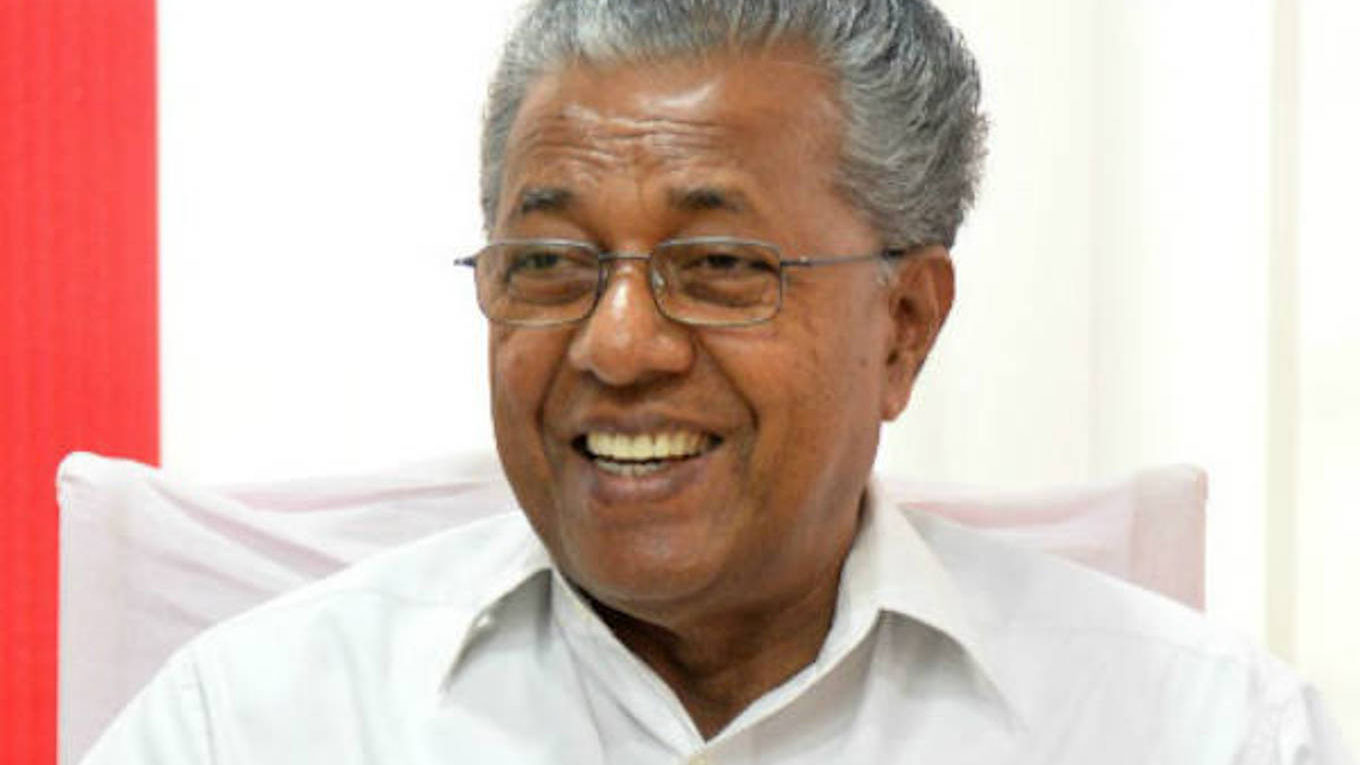On the face of it, the CPI(M) strongman in Kerala, Pinarayi Vijayan is the last man standing, defending the party’s bastion from the cycle of change that happens every five years. But, going by his own admission in the two controversies that have rocked his term, the gold smuggling case and the deep sea fishing contract, he has been led up the garden path by his bureaucrats. In the gold smuggling case, M. Sivasankar, the principal secretary to Kerala CM Vijayan, was suspended and removed from the post, after preliminary inquiries confirmed that he had links with Swapna Suresh, one of the accused in the seizure of 30 kg of gold by the customs. In the deep sea fishing deal, which turned out to be a non-deal after its cancellation, he says the state’s bureaucrats from the industries, shipping and fisheries reportedly kept him in the dark. But it is this dead deal, which is now haunting the Left Front in the coastal areas of Kerala, where a large section of the population depends on fishing for its survival. The controversy relates to two MoUs signed with EMCC International India, the Indian arm of the New York-based EMCC Global Consortium LCC – one by the Kerala Shipping Inland Navigation Corporation (KSINC) and the other by the Kerala State Industrial Development Corporation (KSIDC). The one by KSIDC was signed in February 2020, while the other, with KSINC, was signed in February 2021. EMCC International, according to the MoUs, was to invest Rs5,324 crore in fisheries research and development for upgrading and promoting the deep sea fishing industry in Kerala with state-of-the-art technology. The components of the project were building 400 deep sea fishing trawlers as per the design proposed by EMCC, five mother vessels with modern technology, upgradation of 14 fishing harbours in Kerala, 50 sea food processing plants, hospitals and air ambulances for fishermen and aquaculture farms. EMCC was to train and deploy 160,000 fishermen in deep sea fishing. Allegations of corruption However, the state government cancelled the MoUs signed with KSINC after the opposition Congress raised allegations of corruption in the deals and also highlighted the concerns of the fishing community, who have warned that foreign trawlers would impact fishermen and lead to unscientific deep fishing that could adversely affect the environment. It now turns out that the deal violated both the policy of the Central government, as well as that of the state government. Foreign trawlers engaged in deep sea fishing had been operational in the area since 1997. However, the Modi government in 2017 withdrew permission given to foreign trawlers for deep sea fishing in the exclusive economic zone of the country. The EEZ of the country extends up to 370 km from the coastline. Illegal fishing by foreign vessels in Indian waters is punishable under the law.
-

Vijayan: led up the garden path by bureaucrats

































